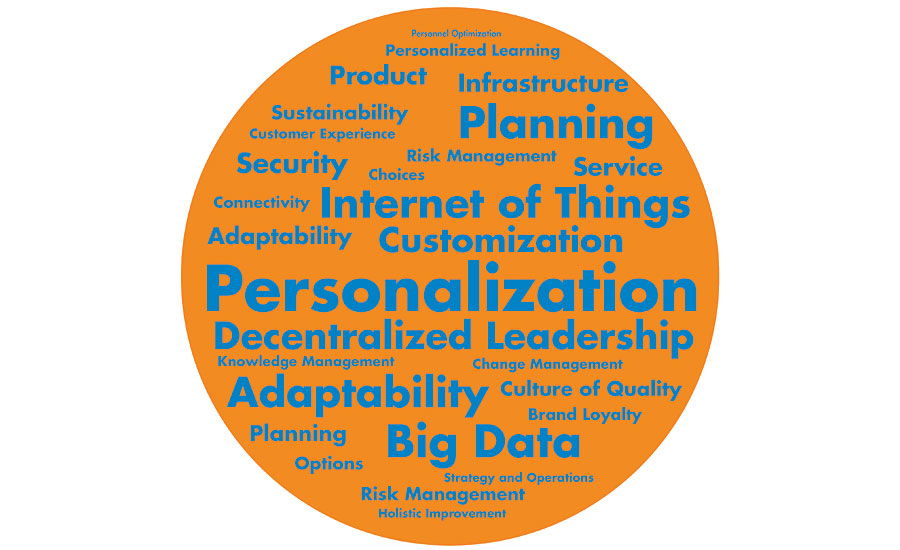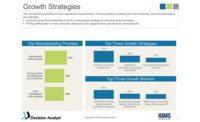“(Smart Manufacturing) and the roles for new IT capabilities in a manufacturing enterprise must grow from the interoperation of physical, cyber, and workforce elements.”
— Jim Davis
The good news is that large, complex, unstructured problems are exactly the type of problems that the statistical engineering approach was designed to handle.
— Ronald Snee and Roger Hoerl
Since 1996, ASQ has published seven Future of Quality reports. The purpose of the report has always been to challenge the reader’s current ideas and expectations, open him or her to new opportunities, and spark action. The latest, titled “Quality Throughout,” explores 11 topic areas that will have a profound effect on the future of quality. These thought-provoking, personal and detailed essays are written by distinguished experts from around the world, covering the future of: Leadership, Internet, Global Aerospace and Defense, Manufacturing, Cities, Healthcare, Education, Energy, Customer Experience (CEx), Quality Management, Quality and the Enhancement of Customer Satisfaction.
|
The report covers plenty of ground in 88 pages and while the authors approach their respective essays in individual ways, ASQ CEO Bill Troy addressed in his introduction three common themes running through the essays:
- There is an endless but essential requirement to knock down silos of information in order to get the right information to the right places.
- We must begin to truly think differently about things we assume we already know quite well.
- The implications of almost limitless connectivity will change how we think about, and do, almost everything.
(From page 5 “2015 ASQ Future of Quality: Quality Throughout”)
A good example of the three themes is witnessed in Jim Davis’s “The Future of Manufacturing: Bridging Seams and Transactions to Integrate Next-Generation Information Technology” (pp. 22-27). In the essay, Davis sets the stage by stating, “Next-generation information technology (IT) is about network-based data, unprecedented modeling capabilities, mobile computing, social networking, and IT clouds that go far beyond today’s infrastructure and software services.”
A manufacturer, Davis writes, “needs to adopt these new IT systems and technologies to meet future manufacturing expectations. It is in what way, at what speed, and how well the IT is applied that will impact the future of individual manufacturers and the supply chains in which they participate.”
Davis calls for the further implementation of smart manufacturing (a concept covered in the March 2014 Speaking of Quality column). The idea of smart manufacturing is to “facilitate low-cost, secure, and timely bridging of seams and use of information to optimize beyond transactions.”
Davis’s essay—as well as the other 10 in the report—call for innovation and fast action. To stay afloat your company must be swimming forward, not treading water.
Quality is the means to stay afloat and thrive. But only when quality is throughout the organization.


